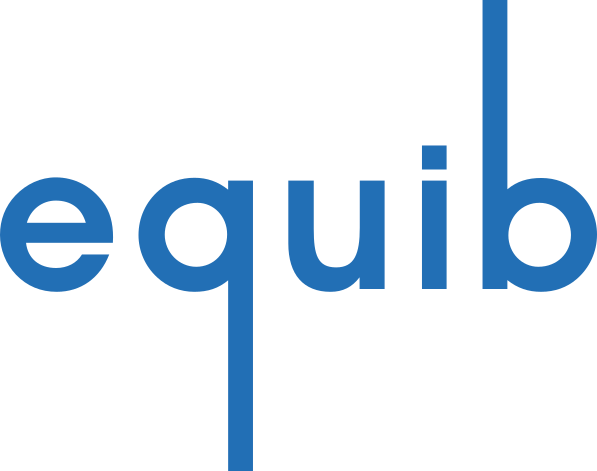Risk management: Understanding the human mind
When managing large-scale construction projects, expecting to avoid onsite failure completely is probably unrealistic.
However, an improved understanding of human cognition could help to improve outcomes and mitigate risk in a practical way.
Risk assessment workshops are a commonly-used method of gathering the views of people working in different areas of the project and they usually provide a reliable picture of where the most significant risks lie. A skilled facilitator is able to identify and challenge individuals’ judgements about risk. Here are three examples of unconscious decision-making that, if left unchallenged, could result in a distorted view of risk:
The ‘availability heuristic’
The ‘availability heuristic’ is a mental shortcut whereby individuals make a judgement based on how easily a case or instance comes to mind. For example, when questioned about how often a single piece of high-value machinery breaks down, a worker may report that it ‘always happens’. When challenged further however, it may become clear that it only happened once and that was on the last project.
The ‘post hoc ergo propter hoc’ fallacy
This occurs when an individual considers causality based solely on an specific order of events, rather than taking into account other factors.
Managerial over-optimism
Mega-project expert, Bent Flyvbjerg, has noted that there can also be a tendency for managers to be overly-optimistic, whether deliberately or sub-consciously, leading them to overestimate benefits or underestimate costs.
Making the most of risk assessment workshops
In order to improve outcomes and raise the standard of project management, it is essential to use workshops to identify and eliminate any distortions, in order to arrive at an accurate and rational assessment of risk. Managers should ensure that all areas of a project are represented in the workshops, as while risk assessment often sits with those involved in front-line delivery, other members of the project team may have a different view of where risks lie. The workshops can also be valuable for exposing weaknesses in the project team, such as ineffective communication or conflicts between key disciplines, which could undermine project delivery.
Final thoughts
To improve standards of risk management, project managers should gain an understanding of common thought processes and the biases inherent in human judgements. This will ensure they are well placed to identify and minimise risk, wherever it exists.
First Published at Building Engineer

